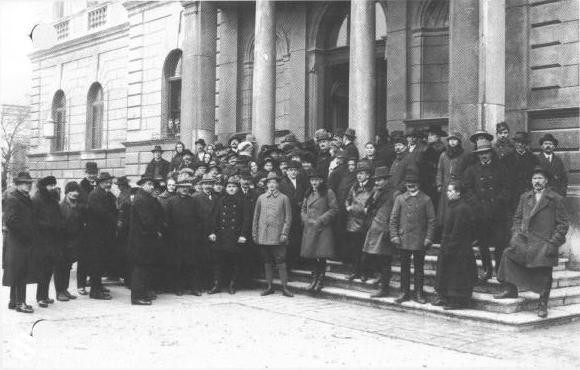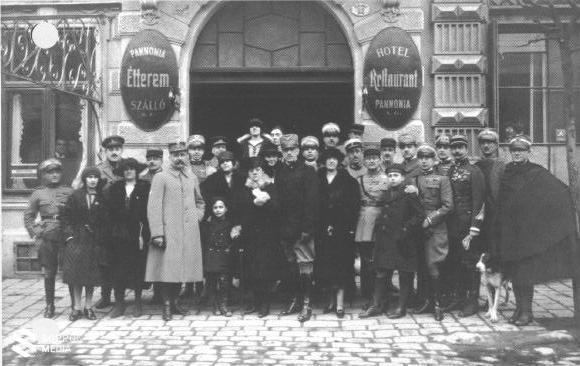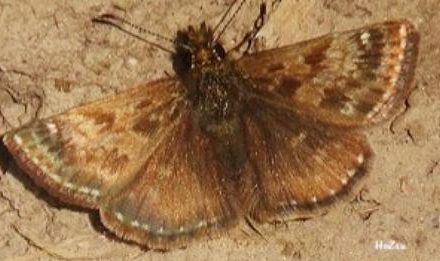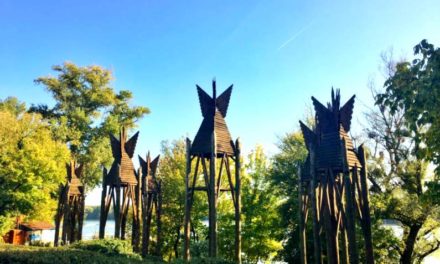The referendum began on December 14, 1921, during which the vast majority of the population of Sopron and the eight surrounding settlements voted for Hungary over Austria. 2022 plus also mentioned the jubilee in a few lines yesterday, and this morning we reported on Viktor Orbán's celebratory speech. However, the sopronmedia.hu report also recalls the events of 100 years ago, since the voting was not limited to one day.
The secret ballot was held on December 14-15 in Sopron and Brennbergbány, and on the 16th in the eight villages - Ágfalva, Balfon, Fertőboz, Fertőrákos, Harka, Kópháza, Nagycenk and Sopronbánfalva. The final result was announced on December 17 at the Zrínyí Ilona Tiszti Girls' Education Institute. In Sopron and the eight villages, 24,063 of the 26,900 citizens entitled to vote exercised their right to vote, of which 15,334 voted for Hungary and 8,277 for Austria.
Austria protested at the Council of Ambassadors and tried to annul the final result of the referendum. On December 23, however, the Austrian complaints were rejected in Paris, and five days later, Austrian Federal President Hainisch signed the international document which amended the peace treaties and recognized the annexation of Western Hungary even without Sopron. The winners also authorized the Hungarian government to officially take over the referendum area, which took place on January 1, 1922.
Exactly 100 years ago, we, the people of Sopron, decided to stay Hungarian! We wanted to win, and we did! In 2001, the Hungarian government declared December 14 as Loyalty Day to commemorate this victory.
As can be seen from the article of sopronmedia.hu, on December 14, 1921, the population of Sopron woke up to an extremely frosty, cold day.
It was Wednesday. The clock on Széchenyi Square still showed twelve o'clock in the morning, because its hands were frozen together in the cold night. Word spread that the Austrian delegation was preparing to leave the city, as the Entente refused to comply with their request and did not postpone the vote. At midnight, the streets were deserted, only a few policemen with AFI (England, France, Italy) armbands posted on the corners. In the morning, even more people flooded the streets of the city. The churches were full, where prayers for Hungary were held and, in addition to old church songs, the national anthem was also sung. The shops and offices were closed, there was a complete holiday. There was a lot of traffic in the cafes, restaurants and the Casino. Due to the alcohol ban, no alcohol was served in the restaurants. In addition to the locals, countless foreigners, reporters and interested parties could be seen. Two days earlier, representatives of the alliance in Vienna and Budapest called on both governments to close the border in front of the referendum area. From noon on December 12, other than the holders of voting cards, it was only possible to travel to this area with the permission of General Ferrario.

Voters standing and waiting on the steps of the State High School for Girls on December 14, 1921 in the morning hours. (voting district No. VIII) http://w3.sopron.hu/
Voters stood in small groups in front of designated buildings. Entente soldiers allowed groups of four or five people to vote at specific intervals.
You could vote from eight in the morning to six in the afternoon. The first visitor to the Képezde utca polling station was - in style - Mihály Thurner, the first person in the city who wanted to exercise his right to vote immediately after the opening. An enthusiastic cheering crowd greeted him in front of the building and gave way to the arriving mayor. The representative of the National Assembly of Sopron, Kunó Klebelsberg, appeared in front of the voting committee on Ősz Street at half past eleven in the morning to cast his vote. At around three-quarters of an hour in the afternoon, the spiral staircase leading to the voting room on the first floor of the Orsolya convent broke down under the weight of those waiting to vote. The wounded cast their votes first, and only then did they accept medical treatment and transportation to the hospital.
In an extraordinary edition, the newspapers in Sopron informed the country and the world that "we remained Hungarian with a majority of 7,107 words". The local patriotism of the locals and the patriotic feelings of the mixed native-speaking population played an important role in the outcome of the referendum, the fact that in Sopron "even those who did not know the language said they were Hungarian" (German-speaking voters made up about 48% of the city's population at that time ). The Poncichters did not vote for Hungary against their will, but voluntarily, out of conviction.
Although the inhabitants of the rural villages voted for Austria in 54.5% (notable exceptions were Nagycenk, Kópháza inhabited by Croats and the Catholic German Fertőboz), Sopron decided in favor of Hungary with 72.8% (!).

Entente officers and their family members in front of the Pannónia Hotel. (The label with the inscription 'Hungarians left' is already pasted on the window on the left.) http://w3.sopron.hu/
sopronmedia.hu concluded its article with the following lines:
Today, from the perspective of a hundred years, we look back on that sweltering December day and the weeks and months that preceded it with a beating heart. Full of humility and gratitude, we stand here in our festively dressed Sopron, where in 1921 there were a good number of determined, capable men who took seriously the thousands-year-old principle that the land of the homeland must be protected even at the risk of our lives. We remember with respect and pride the heroes and citizens of Sopron a hundred years ago, who played an important role in saving our shaken national self-respect. Thanks to them, red-white-green flags still wave in the wind in Sopron, our ancestors rest in Hungarian soil and our children and grandchildren can study in our mother tongue.
Featured image: sopronkirandulas.hu
Source: sopronmedia.hu












